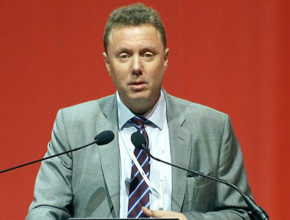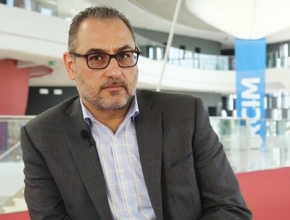What is the role of medical emergency teams in the modern hospital? Do you have such a team in your institution?
Brian Garibaldi, MD: We have both a rapid response team and a code team in our hospital. Anyone on the team can activate it: a nurse at the bedside, respiratory technician, or physician. If they recognize that the patient is not doing as well as they should, you can activate a rapid response team, which immediately gets additional support to the bedside, including a respiratory therapist, a pharmacist, and additional nursing support.
If someone needs urgent intubation or has an impending arrest, you can call the code team, which also brings an anesthesiologist and someone else who can help with procedures.
There is very good evidence that having a code team to be able to respond to those emergencies improves the likelihood of recovery from in-hospital arrests, but probably also reduces the rate of in-hospital arrests. I would imagine that most hospitals in the United States have some sort of a code team or emergency team to respond.
What I think is also important to remember is that skills such as cardiopulmonary resuscitation (CPR) have a very high or quick rate of decay. It is absolutely critical that folks continue to practice and have continuous certification in basic and advanced cardiac life support (BCLS/ACLS) and life support (BLS/ALS) at the bedside.
There is also good evidence that simulation with teams to practice code situations makes codes more effective and improves mortality. It is not enough to have a rapid response or code team, but there has to be a system in place to train folks not just in individual skills but in working as a team.
 English
English
 Español
Español
 українська
українська








